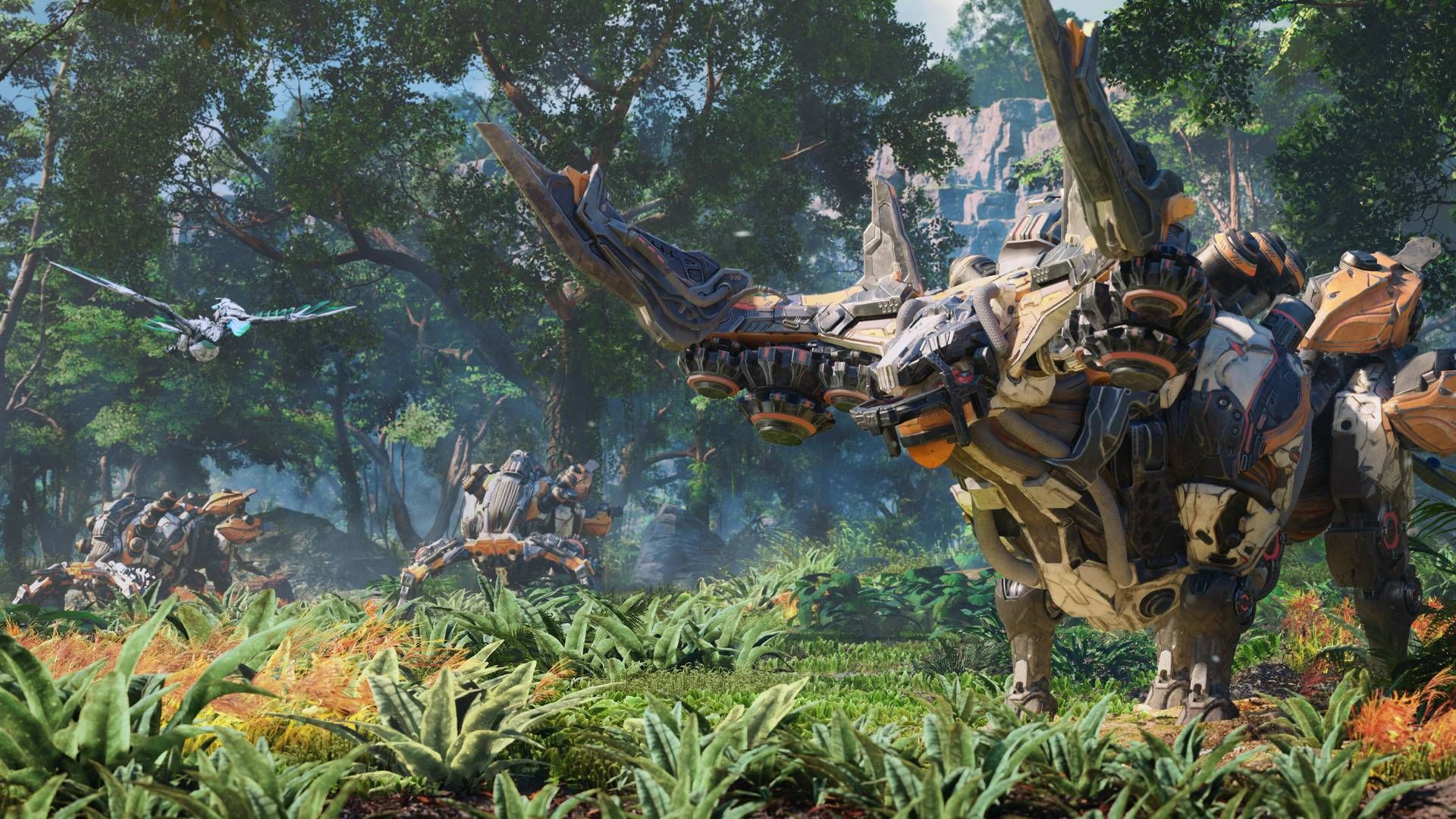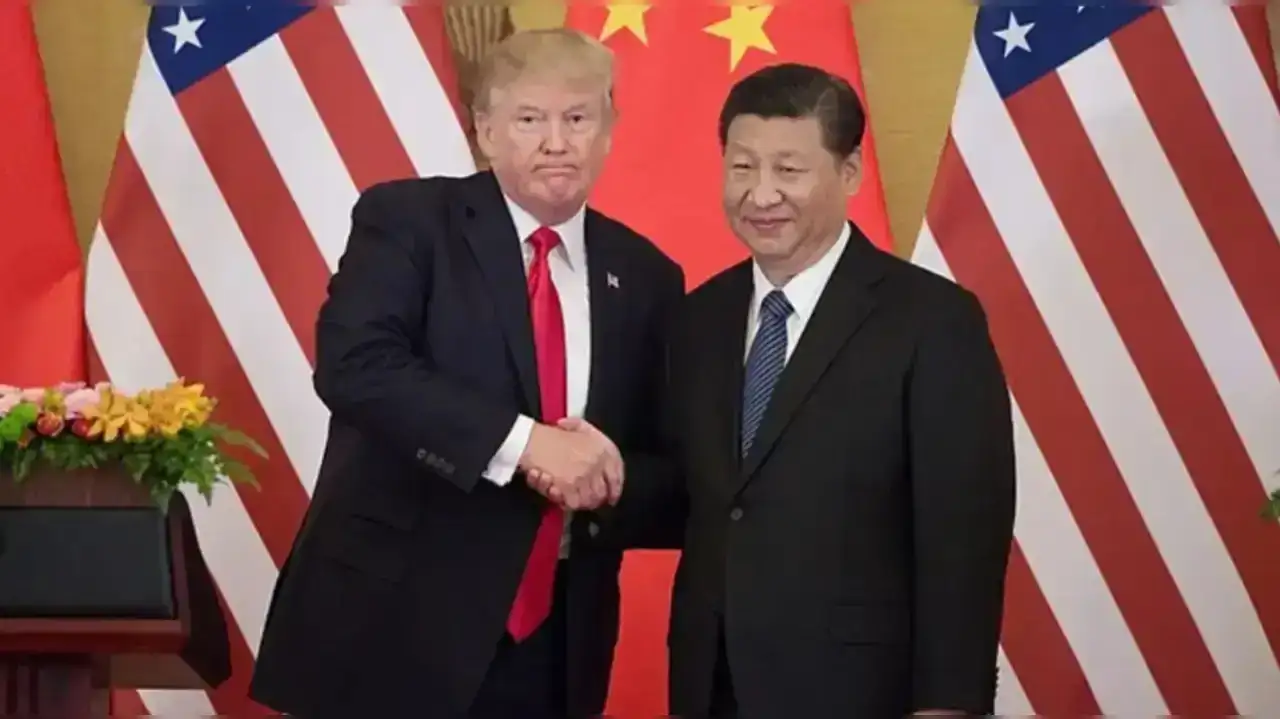Copyright timesnownews

Some books affirm what we already know, while others quietly dismantle it. The latter are not written to comfort, but to provoke. They shift the ground beneath us, asking us to reconsider the stories we tell about identity, morality, perception, and existence itself. Each of the titles below holds that rare power: to unsettle, illuminate, and ultimately rewire the way we see the world. Also Read: 12 Life-Changing Books That Help You Find Who You Are Beneath the Noise 1. Gender Trouble by Judith Butler Judith Butler’s groundbreaking work reframed the conversation on gender and identity. She argued that gender is not a fixed essence but a performance, shaped by cultural and social expectations. 'Gender Trouble' forces readers to confront the instability of categories they once believed were natural. Dense yet deeply human, it remains one of the most transformative works of feminist and queer theory, asking us to see identity not as something given but as something continuously created. 2. Silence: In the Age of Noise by Erling Kagge Norwegian explorer Erling Kagge’s slim yet profound book feels like a quiet rebellion against modern chaos. Through reflections drawn from his solo expeditions to the North and South Poles, he makes a case for silence as a necessity rather than a luxury. Kagge reminds readers that silence is not the absence of sound, but a presence of awareness. In a world that rewards constant stimulation, this book gently asks what we might hear if we stopped trying to fill every moment. 3. Trick Mirror by Jia Tolentino Jia Tolentino’s essays dissect the contradictions of contemporary life with wit and precision. Writing about everything from the internet to feminism and self-delusion, she captures what it means to live in an age of performative authenticity. 'Trick Mirror' does not moralise; it observes with empathy and intellect. Tolentino shows how we are all complicit in the illusions that define our era, and in doing so, she helps us see them for what they are. 4. I Am a Strange Loop by Douglas Hofstadter Douglas Hofstadter’s philosophical masterpiece explores consciousness through the lens of recursion, art, and mathematics. He proposes that the self is not a singular entity but a looping pattern of perception — a mind recognising itself. The book is both rigorous and lyrical, turning abstract thought into emotional insight. Readers leave 'I Am a Strange Loop' questioning not only how minds work, but what it even means to be a “self.” Few books unite intellect and wonder so elegantly. 5. The Emperor’s New Mind by Roger Penrose In 'The Emperor’s New Mind', physicist Roger Penrose challenges the belief that artificial intelligence can fully replicate human consciousness. He blends quantum theory, mathematics, and philosophy to argue that human thought transcends computation. While complex, the book rewards patient readers with a renewed sense of mystery about intelligence itself. Penrose invites us to embrace uncertainty as the most human trait of all, reminding us that the mind remains the greatest enigma in the universe. 6. The Spell of the Sensuous by David Abram David Abram’s 'The Spell of the Sensuous' bridges philosophy, ecology, and anthropology to reveal how language and perception have alienated humans from nature. He argues that literacy distanced us from our senses, making us forget that the world is alive and communicative. His prose is hypnotic and deeply personal, reconnecting thought with embodiment. Abram’s work urges readers to perceive the environment not as background, but as a living participant in human experience. 7. The Moral Animal: Why We Are the Way We Are by Robert Wright Robert Wright’s exploration of evolutionary psychology reframes morality as a product of adaptation rather than virtue. By weaving science with storytelling, he explains how natural selection shaped emotions like love, guilt, and jealousy. 'The Moral Animal' is unsettling precisely because it reveals the hidden logic behind behaviour we thought was purely moral. Wright manages to humanise the theory, showing that understanding our instincts can lead not to cynicism, but to compassion. 8. Stiff: The Curious Lives of Human Cadavers by Mary Roach Mary Roach turns what could have been macabre into something astonishingly humane. 'Stiff' traces the afterlives of human bodies used in science, medicine, and research. With humour and grace, Roach examines our discomfort with death and our fascination with what follows. The book dismantles taboos by treating the subject with curiosity rather than fear. It changes how readers think about mortality not as an end, but as a continuation of usefulness and mystery. 9. Blindspot: Hidden Biases of Good People by Mahzarin R. Banaji and Anthony G. Greenwald Banaji and Greenwald’s 'Blindspot' confronts one of the most uncomfortable truths of modern life: even good people harbour unconscious bias. Using decades of psychological research, they show how implicit assumptions shape our decisions and perceptions. The book’s power lies in its restraint; it does not accuse, it enlightens. Readers are challenged to confront the gap between intention and impact, leaving with a sharper sense of humility and responsibility. 10. Reality Is Not What It Seems: The Journey to Quantum Gravity by Carlo Rovelli Carlo Rovelli writes about physics with the soul of a poet. In 'Reality Is Not What It Seems', he dismantles classical understandings of space and time, revealing a universe woven from relationships rather than things. It is a humbling, almost spiritual journey through science. Rovelli’s work does not simplify complexity; it invites readers to live comfortably within it, to find awe in not knowing. Few books blend intellectual depth and existential wonder so seamlessly. 11. The Geography of Thought: How Asians and Westerners Think Differently... and Why by Richard E. Nisbett Richard Nisbett’s research into cultural psychology shows how geography, tradition, and history influence cognition itself. Western thought, he argues, favours logic and independence, while Eastern thought prioritises context and connection. 'The Geography of Thought' challenges the assumption of a universal human mindset. It invites readers to see thinking as a cultural act and opens a profound conversation about perspective, bias, and the nature of truth across societies. 12. The Age of Surveillance Capitalism by Shoshana Zuboff Zuboff’s monumental work dissects how technology companies turned human experience into a commodity. She reveals the hidden systems of data extraction that shape behaviour, manipulate desire, and redefine privacy. 'The Age of Surveillance' Capitalism is not just a critique of Silicon Valley; it is a warning about autonomy in the digital era. Zuboff writes with clarity and urgency, compelling readers to rethink what freedom means when every action is quietly monetised. Also Read: 12 Life-Changing Books That Changed Me in Ways I Didn’t Notice Until Later The books in this list share a single trait: they make thinking itself feel new. Each one exposes the limits of certainty and the cost of comfort, nudging readers toward awareness rather than agreement. They teach that to rethink everything is not to abandon meaning, but to deepen it. Whether through science, philosophy, or psychology, these writers remind us that transformation begins not in answers, but in the courage to question what once felt obvious.



